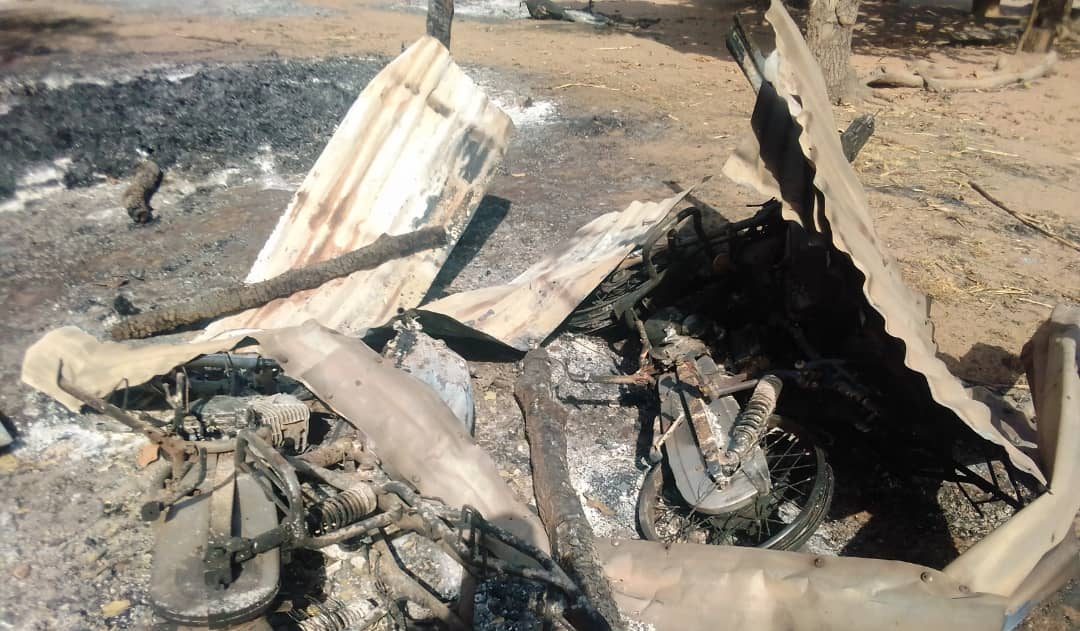Headlines
UN condemns the killing of Fulani herdsmen in Nasarawa after an airstrike

The Nigerian government has been asked to carry out counterterrorism operations in accordance with international human rights and humanitarian law by the Special Representative of the United Nations on the Prevention of Genocide, Ms. Alice Nderitu.
Nderitu urged authorities to stop the killings on Thursday as he expressed concern over Nigeria’s security situation, which appeared to be getting worse.
She denounced the Jan. 24 airstrike that left at least 40 herders, primarily of the Fulani ethnic group, dead and dozens of other civilians injured.
The incident took place in a village that was close to the borders of Nasarawa and Benue.
The UN representative recalled that 54 civilians were killed in a camp for displaced people in Borno State as a result of another airstrike in 2017.
Nderitu was especially worried about the circumstances in Nigeria’s North West and North Central areas, the locations of the airstrikes.
If these dynamics of identity-based targeting remain unresolved, she continued, they “risk further escalating intercommunal tensions, recruiting by armed organisations, and retaliatory assaults, with evident impact on civilians.”
The Special Adviser claimed that seasonal cattle movement for grazing and growing community divisions, including those based on stigmatisation along religious and ethnic lines, were two characteristics of the deteriorating security situation.
READ ALSO: Gov. Ortom: “Fulani elite wants to get rid of me”
She said, “In this highly tense context, it is crucial that the general elections set for February 25, 2023 do not spark violence and even atrocity crimes.”
Nderitu also emphasised his concern for rising identity-based hate speech trends and the nation’s political discourse’s widespread incitement to hostility, violence, and discrimination.
She urged all political figures to uphold a peace agreement they all signed, which included a promise to conduct peaceful campaigns.
Ahead of the elections and beyond, religious and traditional leaders were urged to work to reduce tensions, stop the incitement of violence, and address the threat of atrocity crimes.
Nderitu raised worry about the politicisation of transhumance outside of Nigeria, throughout all of West Africa as well as the huge Sahel region.
In light of forthcoming elections in many countries in the region, she said, “constantly high levels of violence against populations in relation to transhumance, especially with hate speech and encouragement to violence,” were particularly worrisome.
